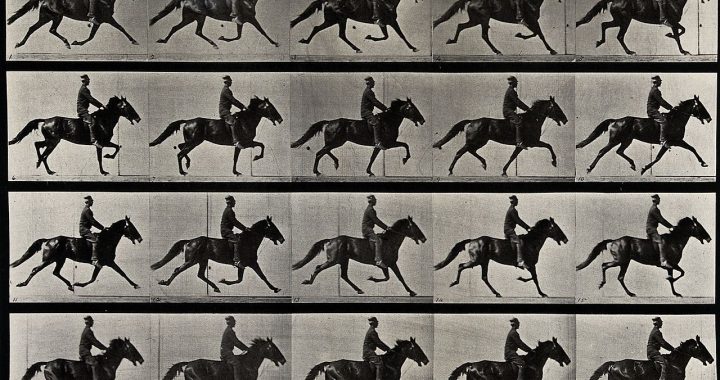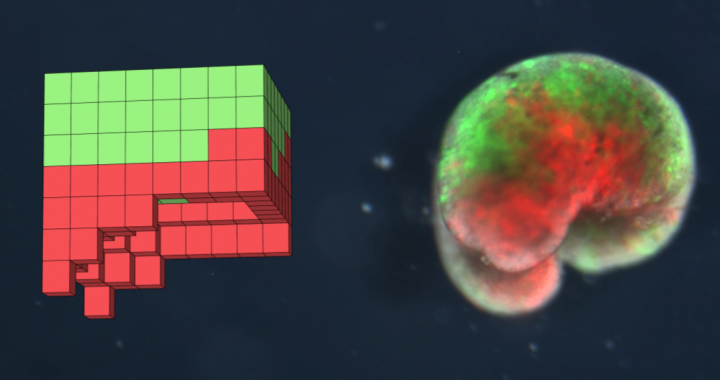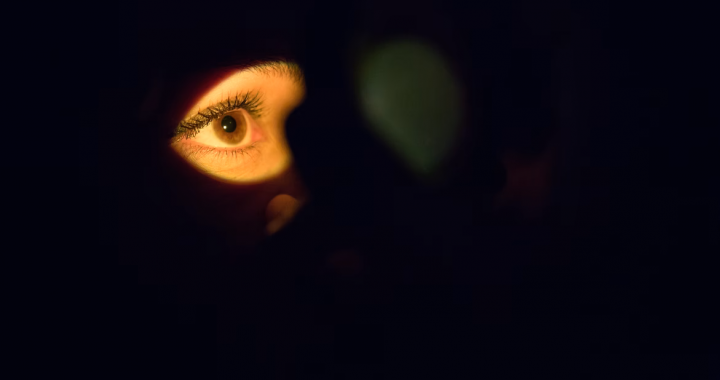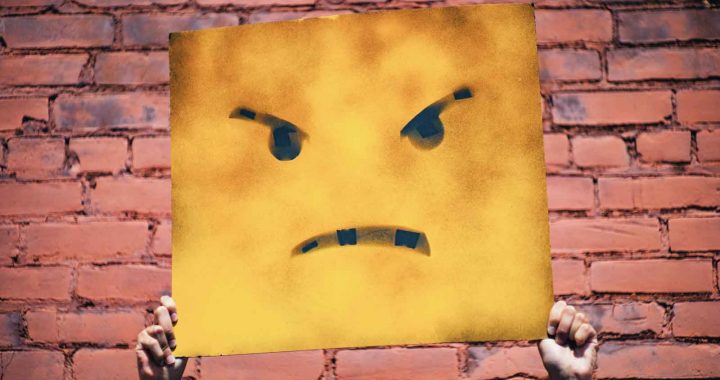
The Soap Opera Effect: when your brain does not like your new TV
A film on a fancy TV can feel fake. This is because our brain uses previous experience to interpret the world.

A film on a fancy TV can feel fake. This is because our brain uses previous experience to interpret the world.

We experience the world through our senses. What happens though when sensory inputs become too much (or too little) to bear from a very young age? Surely, the world must feel different, and our experience of it would change along.

A man reports his whole world frequently flips by 90 degrees. He is not alone. Researchers at the Donders institute aim to investigate this curious phenomenon.

It is often said that incompetent people overestimate themselves and competent people underestimate themselves. However, this so-called ‘Dunning-Kruger’ effect may not be the phenomenon that people think it is.

Have you already heard about xenobots? They are robots assembled from living tissue whose design has been informed by a computer algorithm. Researchers who created them are transforming our understanding of what a robot is.

How is it possible that we sometimes overlook visible things? Paying attention to one thing makes you blind to (almost) everything else.

The new year’s resolution is a tradition that goes back way long to when people used to make promises to gods to pay off their debts. But how about today? Is it all good or can it bring forward some challenges along with it?

Recognising emotions is an important skill that helps us in social encounters. But how you feel yourself affects how well you can do this

What to do when facing a situation we’re not familiar with? Too many unknown elements to react intuitively. That’s when we need to pause and think about a new plan. And then, just try and see?

Have you noticed how, depending on the context, sometimes time flies, and other times it seems to drag? Unravelling the mystery of how the brain keeps track of time is key to understanding how our state of mind affects not only what we perceive but how we perceive it.